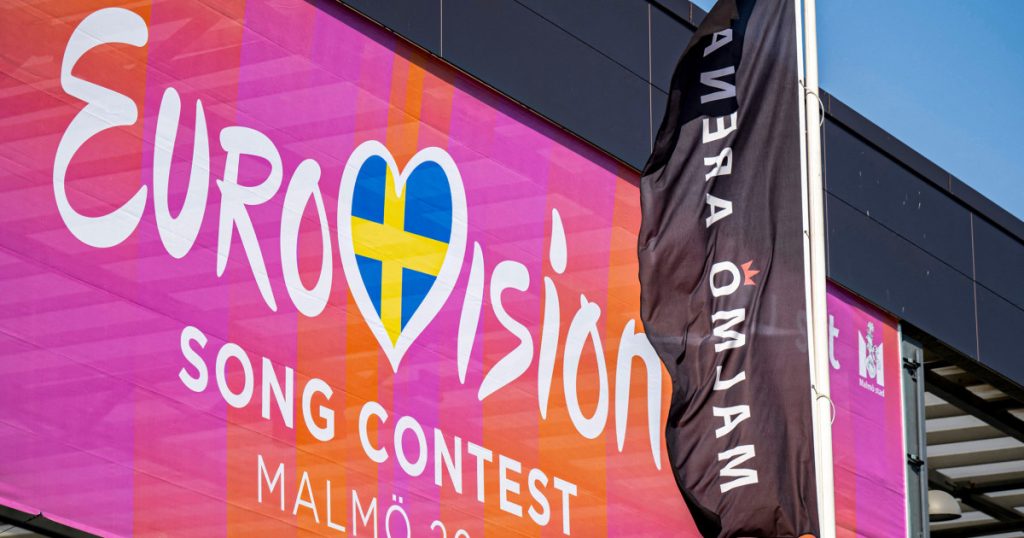This year, Eurovision is set to take place in Malmo, Sweden, with fans from across Europe and beyond gathering for the weeklong party. Known as the Olympics of pop music, Eurovision features artists from 37 countries performing original songs and competing for the public’s vote. The Grand Final will culminate in the crowning of a winner in a high-drama event. The contest draws in around 160 million viewers, making it the world’s most-watched non-sports event.
The first Eurovision took place in 1956 with seven participating countries in a technical experiment that grew into a cultural phenomenon. Today, Eurovision boasts a vast ecosystem of superfan blogs and social media accounts covering its every development. The contest includes most of Europe, as well as countries like Israel, Azerbaijan, and Australia. The event is broadcast over three days in May, culminating in the Grand Final where the winner is decided by a combination of public vote and official Eurovision jury votes.
Viewers can vote for their favorite acts through various methods, from phone calls to the official Eurovision app. The voting process involves viewers voting for their favorite out of the 26 remaining contestants in the Grand Final, with a combination of public vote and jury votes determining the winner. The winning country will host the next year’s contest. Eurovision features a wide range of musical styles, from power ballads to quirky pop, often making for eclectic performances highlighting various cultures and artistic expressions.
The contest has seen iconic performances over the years, showcasing unique and memorable acts that have captured the imagination of viewers worldwide. This year’s entries include a diverse mix of musical styles, from goth-inflected pop to classic ballads and dance anthems. Some countries focus on delivering a spectacular performance rather than sending a strong singer, aiming to create a memorable three minutes on stage that will have people talking.
While there are no clear favorites to win this year, standouts include Switzerland’s “The Code” by Nemo, which explores the singer’s journey of discovering their nonbinary identity, and Italy’s Angelina Mango’s “La Noia.” Quirky entries from the Netherlands and Croatia are also likely to be favorites, with splashy performances that can help them stand out. The public and jury often have differing opinions on who should win, with musical prowess and spectacle playing roles in the final outcome.
Eurovision has a history of launching the careers of legendary pop singers, such as ABBA and Celine Dion. The contest continues to be a platform for emerging artists and a celebration of diverse musical styles and cultures from across Europe and beyond. Eurovision’s popularity has only grown over the years, with viewers eagerly anticipating the next edition of the glittery, pyrotechnic-filled spectacle that captivates audiences worldwide.













